Discover The Zen Studies Podcast
The Zen Studies Podcast

The Zen Studies Podcast
Author: Domyo Burk
Subscribed: 1,759Played: 106,994Subscribe
Share
© Copyright 2017-2025 Domyo Burk
Description
Learn about traditional Zen and Buddhist teachings, practices, and history through episodes recorded specifically for podcast listeners. Host Domyo Burk is a Soto Zen priest and teacher.
331 Episodes
Reverse
Zen Buddhism exemplifies practice based in self-power, or jiriki. Pure Land Buddhism exemplifies practice based in other-power, or tariki. These are very different entry gates, but when we examine self-power and other-power more closely, we see that the ultimate goal of practice requires both.
This is one of my unscripted Q&A episodes, where I answer questions submitted by listeners. If you have a question, go ahead and send it to me at zenstudiespodcast.com. I discuss: What does Kosho Uchiyama mean in his book Opening the Hand of Thought, when he talks about "settling as universal life?" Isn't the Zen emphasis on monastic practice and self-liberation at odds with the Bodhisattva Vow to free all beings? What can we learn from practicing with other Buddhist traditions than our own, and is this recommended if we don't live near a Zen center?
Unlike Jesus, the Buddha didn't explicitly instruct us to "love our enemies." However, he did instruct us to extend goodwill, or Metta, to all beings unconditionally – including, of course, our enemies. In this time of growing divisiveness, what does it really mean to follow this teaching? Most people will admit that nurturing resentment and hatred is probably a bad idea, but on the other hand it feels completely unacceptable to capitulate to – surrender to or stop resisting – those who we perceive as causing harm. Fortunately, there are many benefits to loving our enemies, and doing so does not mean capitulating to them.
In this episode I read and reflect on Chapter One of Keizan's Denkoroku: Record of the Transmission of Illumination. In it, Shakyamuni Buddha holds up a flower and blinks. Keizan says, "No one knew his intention, and they were silent." Then Mahakashyapa gives a slight smile, and the Buddha acknowledges him as his Dharma heir. What is going on in this koan? Keizan challenges our ideas about awakening, time, causation, and the nature of self.
When should Buddhist communities take public stands on issues that could be seen as political? If politics is about how we make decisions in groups (local communities, towns, cities, states, nations), are Sanghas really be free from politics when they are embedded in these larger groups? Silence can function as tacit approval, so is maintaining neutrality in keeping with our Buddhist values? On the other hand, there are many good reasons for Sanghas to avoid bringing discussions of politics in their places of practice, and I discuss them.
The form of meditation we do in Zen, unless we're working on a koan, is called shikantaza – nothing but sitting – or silent illumination. It's been called a "method of no method," in which we let go of any striving whatsoever – even to control our meditative experience. So can we do "bad zazen?" Theoretically, there's no such thing, and yet it sure feels like there is! What is this about?
How do you find comfort in the precepts? What is the relationship between anger, forgiveness and justice? What about anxiety due to abrupt insight into emptiness? This is one of my unscripted Q&A episodes, where I answer questions submitted by listeners.
This is the third part of three of my episodes on "Learning the Self," one of my Ten Fields of Zen. In the first episode I discussed why we "study the self" in Zen, and what "self" we're talking about if – according to the teachings – the self is empty of any inherent nature! In the second episode I talked about what is meant by "studying" or "learning" the self. I also explained the idea of Karma and discussed why it's valuable to work on it. In this episode, I cover how we do Karma Work.
Part two of three of my series on "Learning the Self," one of my Ten Fields of Zen. Last episode I discussed why we "study the self" in Zen, and what "self" we're talking about if the self is empty of any inherent nature! Now I move on to what is meant by "Learning the Self." This part of our practice has two essential aspects. Karma Work is taking care of your Phenomenal Self - becoming intimately familiar with your own body and mind and learning to live in accord with the Dharma. Realization of your True Nature involves seeking out, questioning, and seeing through your belief in an inherent self-nature, thereby awakening to your True Nature. In this episodes I begin my explanation of Karma Work.
Ultimately, if you want to experience Realization and have it transform your life, you need to commit yourself to Learning the Self. This means becoming intimately familiar with your self - your mind and your body. A lifetime path of practice becomes deeply personal, asking you to face your Karma, take responsibility for it, and use it to find your gateway into awakening. This isn't just about transforming yourself into a Buddha through your Zen practice, it's about awakening to how your very body - your unique, imperfect, human manifestation - is Buddha.
Since the Buddha's time, certain practitioners have chosen to leave the household life to dedicate themselves completely to formal Buddhist training. Undergoing a ceremony of ordination in which they took monastic vows, these monks and nuns lived the remainder of their lives within a Sangha – community – of other ordained people. In modern Western Zen, you will find a thoroughly confusing situation where ordained people who live fully monastic lives are rare, most ordained people are called "priests" and live householder lives, and practitioners who are not ordained often teach the Dharma and lead lay Sanghas (functions historically reserved for ordained people). What is the use – if any – of continuing with a tradition of "ordination?" I discuss the value of monks, priests, and lay practitioners in the context of Zen as it is currently manifesting in the United States.
I discuss the oldest source of Buddhist teachings on Dana as a bodhisattva perfection – the Jataka tales, or stories about Shakyamuni Buddha's remarkable actions during previous lifetimes. Such stories inspired people to follow the bodhisattva path in both Theravadin and Mahayana Buddhism, so I spend some discussing the Theravadin paramis, and particularly the parami of Dana.
In this episode I answer listener questions: How do you address the dharma and practice with young kids? If I'm trying to be mindful on work breaks, should I just go cold turkey and not look at my phone at all or maybe try a more moderate approach like eating my meal and then looking at my phone? Is it even possible to be mindful while looking at social media, checking email, etc.? And: When sitting in meditation posture, what should I do with my stomach?
Dana, generosity or giving, is the first Mahayana Buddhist paramita. Generosity is where the journey to self-transcendence begins. In this first episode on Dana, I give an overview of the Buddha's teachings on the virtue of giving. These teachings are from before Dana was defined as one of the paramis or paramitas – that is, perfections cultivated by someone on the bodhisattva path. In the next episode I discuss Dana as a perfection.
This is a teisho - kind of like a cross between a Dharma Talk and guided meditation. I hope my words will point you toward how the Great Matter - that which we seek to awaken to and manifest - is never apart from this very place. Ordinary mind is the Way, and is buddha itself. But what does this really mean? Not that we can't hope for relief from the turmoil of our minds as we usually experience them! Mind-with-a-capital-M is not equivalent to our thoughts, feelings, emotions, and concepts. Mind is the undisturbed space within which everything arises, so it is always available to us - never apart from this very place.
Religions and spiritual paths are meant to give you strength and help you find meaning. Many people derive strength and meaning through faith in an all-powerful God who works in mysterious ways but ultimately has your best interests in mind. Buddhism doesn't teach this kind of faith, but it does call attention to many truths upon which we can rely for strength and meaning, no matter what happens to us personally or in the world. For the purpose of this discussion, I'm going call the truths we can rely on "Dharma Foundations."
In this episode I make the case for accommodations for people with physical challenges, even in sesshin, and then describe a number of tried and tested ways Sanghas can do this. I finish by talking about how to negotiate with a Sangha if you are someone with physical challenges and hope to be accommodated, particularly in the practice of intensive retreat.
People with extra physical challenges - disabilities, chronic illnesses, or advanced age - often find it impossible to participate fully in Zen practice without special accommodations. Seated meditation (zazen) can be painful, and the demands of silent meditation retreats (sesshin) can be prohibitive. However, an important part of Zen practice - especially sesshin - is how everyone follows the forms together, doing the same things at the same times. The whole idea is to minimize the need to exercise personal choice, and to use a certain amount of physical discomfort to bring us up against the existential matter of our lives. How can Sanghas support the Zen practice of people with physical challenges while preserving what is supportive to those without them?
In this extemporaneous Q&A episode, I address these questions: What is the responsibility of Buddhists to stand for what is right? What is the difference between the Buddhist goal of "detaching from clinging and aversion" and the pathological states of detachment from reality called "dissociation?" How would you describe the desirable level of overlap between shikantaza (the zazen of just sitting) and trance?
This episode is a Teisho, an encouragement talk that's meant to be listened to while you are sitting quietly. Zen teachers give Teisho during sesshin, and this amounts to a more formal kind of Dharma talk, almost like a meditation. It's not meant to be educational. I'm curious as to how it will come off if you listen to it while walking or driving or doing something else. Maybe it'll be cool. But I recommend sitting still if you're able. Teisho are generally only given during sesshin and not recorded, but I recreated one from the sesshin I led last week for you.



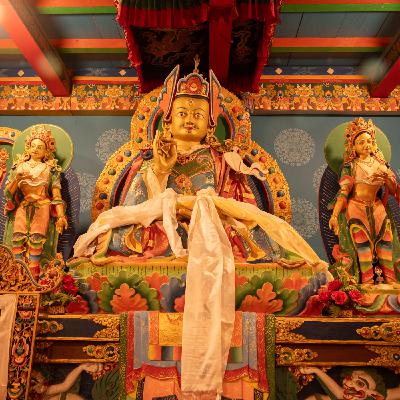

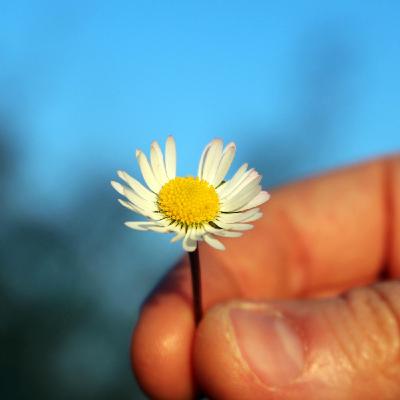

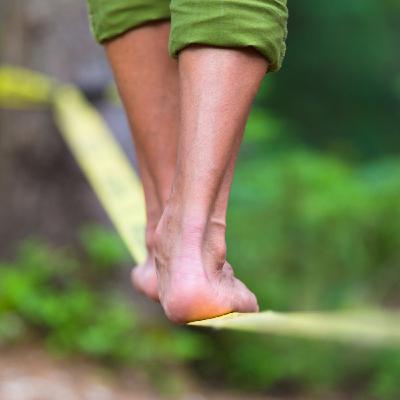


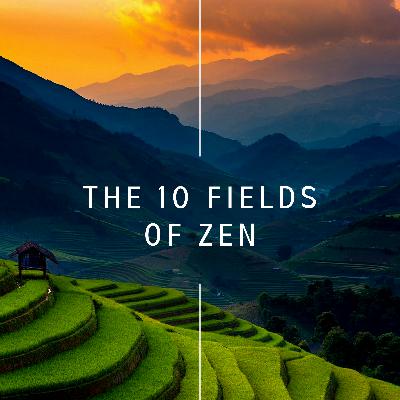
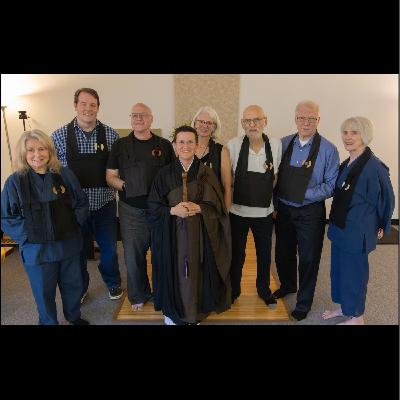

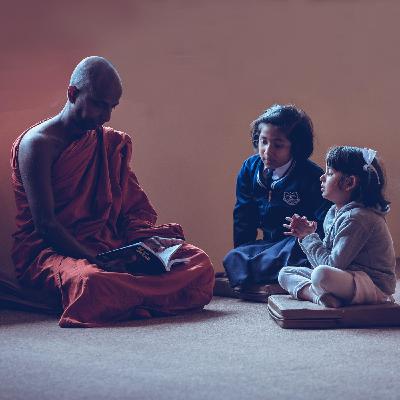

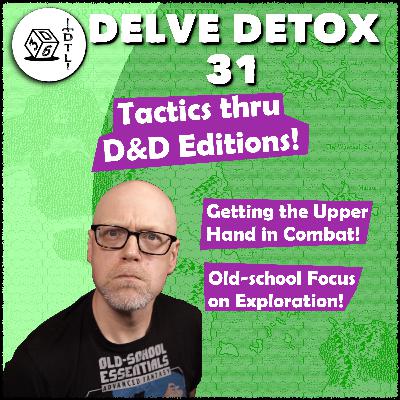

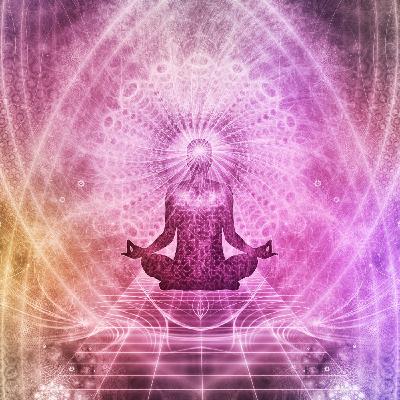




Grasias... HEapS
unfortunately seems the source file is broken, no playback after 30 seconds or so. would love to listen to this one, please reupload!
great. insight thank you
Thank you.